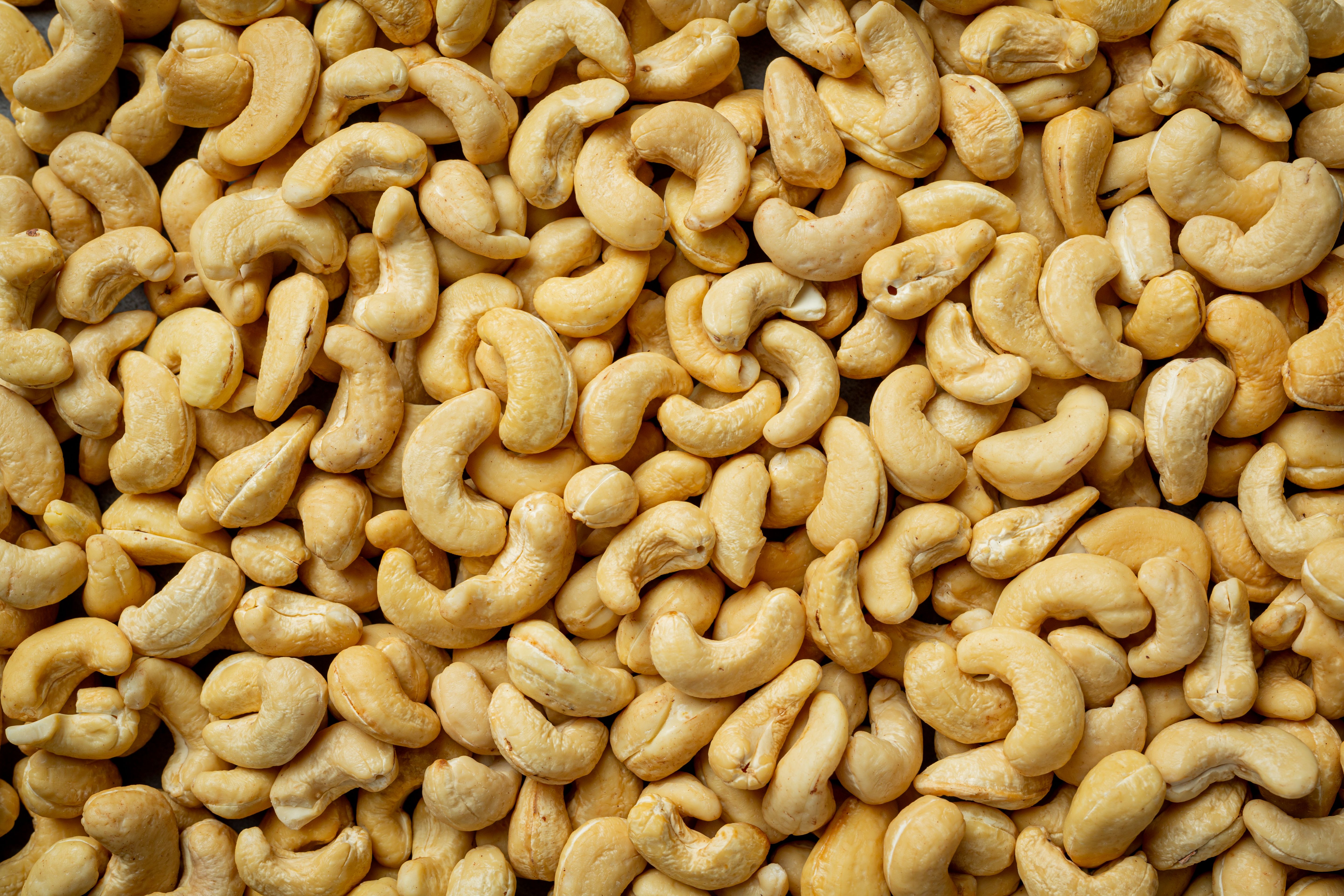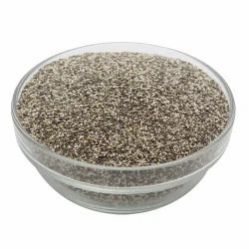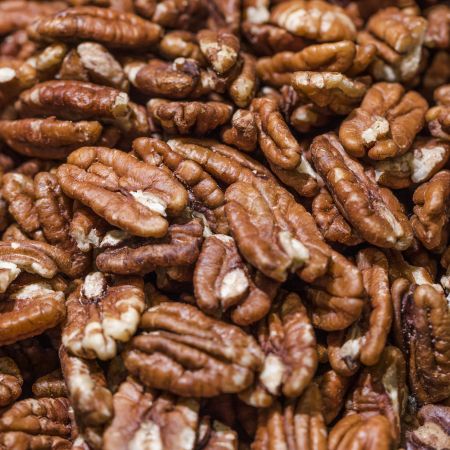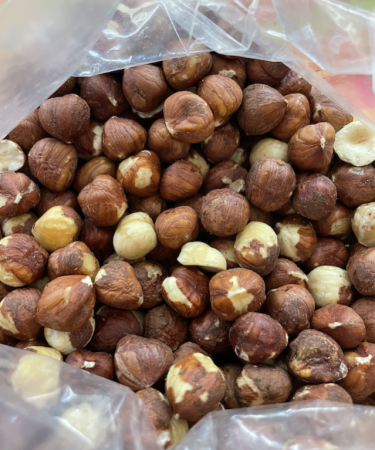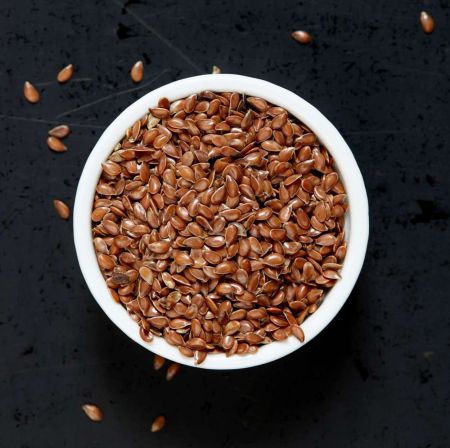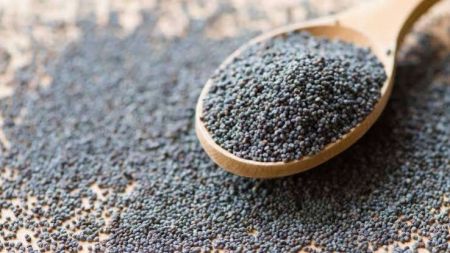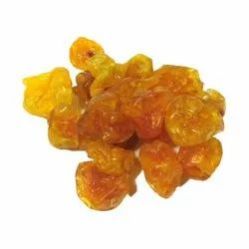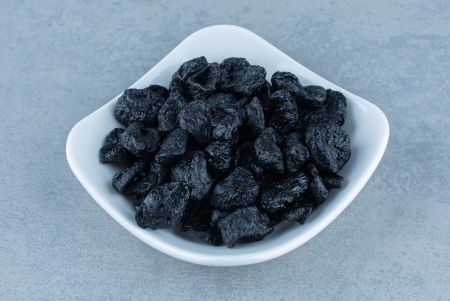Cashew
The cashew is a tropical tree native to Brazil, scientifically known as Anacardium occidentale. It produces a unique, kidney-shaped nut that is highly valued for its rich, buttery flavor and crunchy texture. The cashew nut is encased in a hard shell and grows at the end of a cashew apple, which is a sweet, fleshy accessory fruit often used in beverages and jams. Cashews are nutritious, rich in healthy fats, protein, vitamins, and minerals, making them a popular snack and ingredient in various dishes around the world.
₹ 599.00
₹660
(Inclusive of all taxes)
-

No Warranty
-

COD Avilable
-

Returnable
-

Non cancelable
About this item
The cashew (Anacardium occidentale) is a tropical tree native to Brazil but widely cultivated in various countries for its edible seeds and the cashew apple, a juicy, pear-shaped fruit. The tree typically grows up to 14 meters (approximately 46 feet) tall, often with gnarled and crooked branches.
The cashew seed, known for its distinctive shape, is often processed to remove its outer shell and the toxic resin it contains, making it safe for consumption. The edible nut is high in healthy fats, particularly monounsaturated fats, and is a good source of protein, vitamins (such as vitamin E and several B vitamins), and minerals (including magnesium, zinc, and iron).
The cashew apple, though less known, is also edible and has a sweet, fruity flavor, often used to make beverages, jams, and even vinegars. The vibrant yellow or red color of the cashew apple adds to its appeal, making it an attractive fruit.
In addition to its culinary uses, the cashew tree is valued for its wood and its role in agroforestry. The tree thrives in well-drained, sandy soils and prefers warm climates, making it a common sight in tropical and subtropical regions around the world.
Overall, the cashew is a versatile and nutritious food source, appreciated for its taste and health benefits.
The cashew (Anacardium occidentale) is a tropical tree native to Brazil but widely cultivated in various countries for its edible seeds and the cashew apple, a juicy, pear-shaped fruit. The tree typically grows up to 14 meters (approximately 46 feet) tall, often with gnarled and crooked branches.
The cashew seed, known for its distinctive shape, is often processed to remove its outer shell and the toxic resin it contains, making it safe for consumption. The edible nut is high in healthy fats, particularly monounsaturated fats, and is a good source of protein, vitamins (such as vitamin E and several B vitamins), and minerals (including magnesium, zinc, and iron).
The cashew apple, though less known, is also edible and has a sweet, fruity flavor, often used to make beverages, jams, and even vinegars. The vibrant yellow or red color of the cashew apple adds to its appeal, making it an attractive fruit.
In addition to its culinary uses, the cashew tree is valued for its wood and its role in agroforestry. The tree thrives in well-drained, sandy soils and prefers warm climates, making it a common sight in tropical and subtropical regions around the world.
Overall, the cashew is a versatile and nutritious food source, appreciated for its taste and health benefits.
0 Review Of Product Cashew

